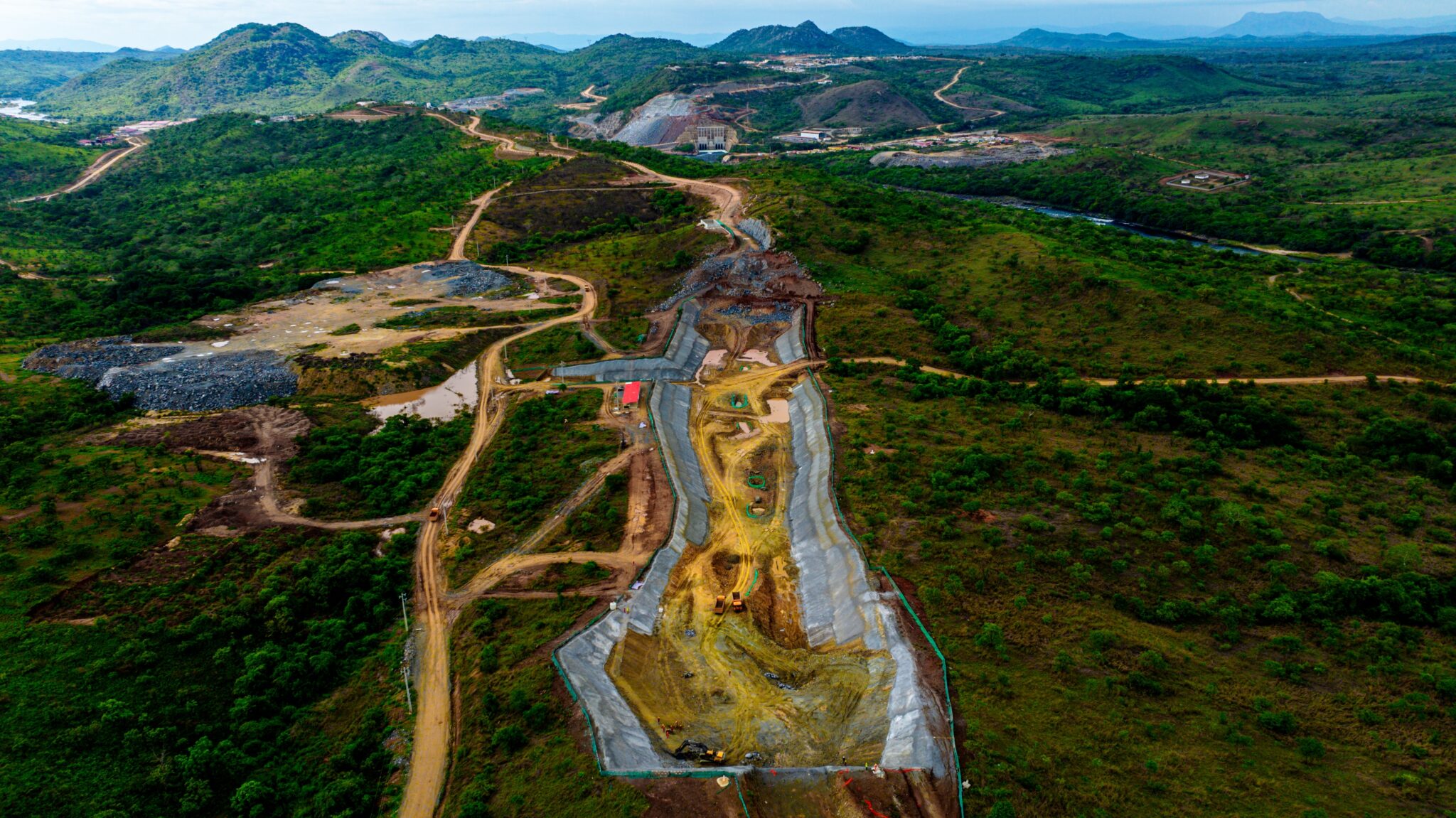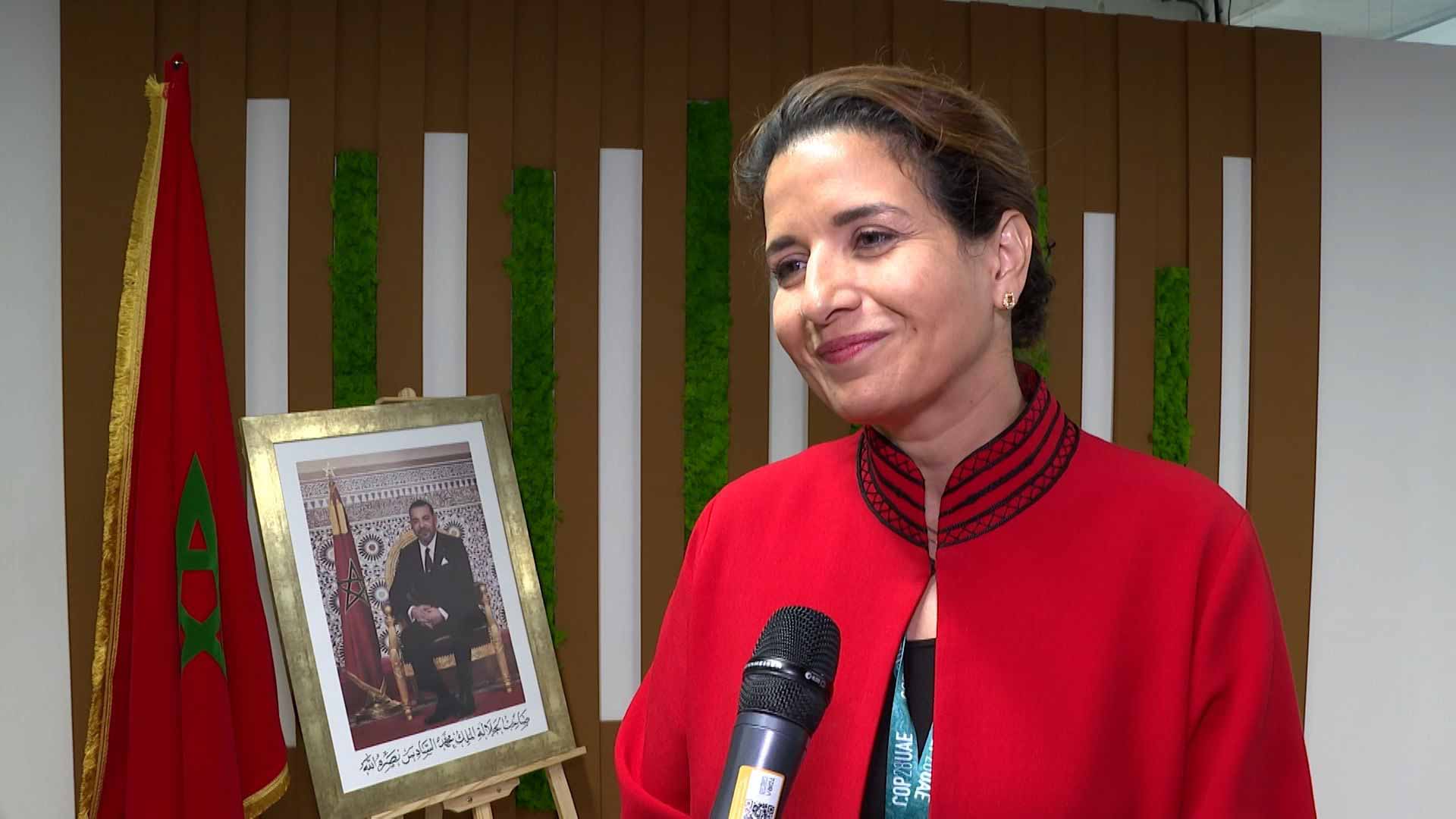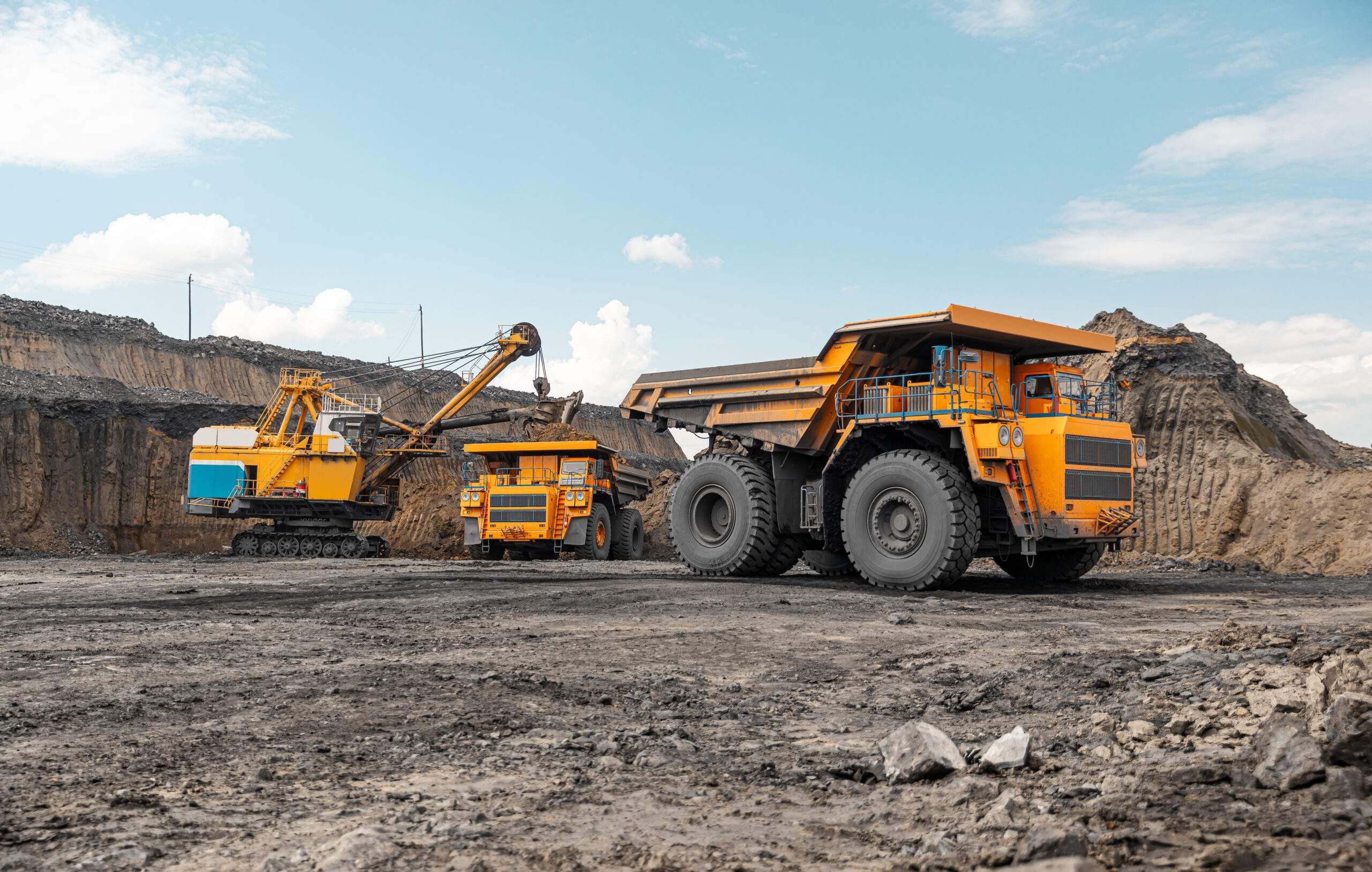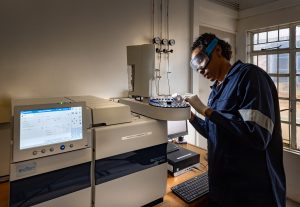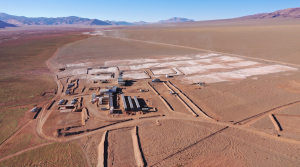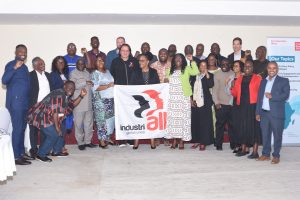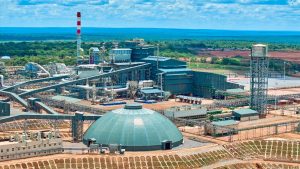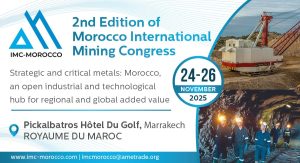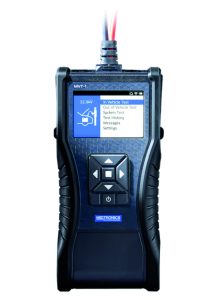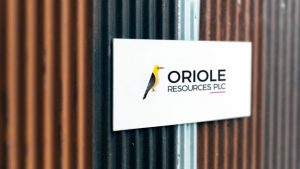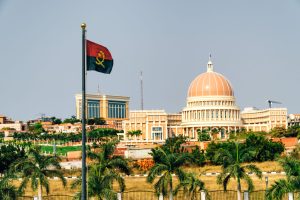SA mining puts best foot forward at Joburg Indaba
Facing down myriad local challenges and considerable global uncertainty, South Africa’s mining leaders sent out a relatively positive combined message at the recent Joburg Mining Indaba.
Attending the event was SRK Consulting principal mining engineer Joseph Mainama who said: “While the context for mining in South Africa remained in many ways daunting, the general tone of the speakers was upbeat. With strong commodity demand currently, and similar prospects from the energy transition in the coming years, the country’s mining experience and resources place us in a good position to generate value.”
At the podium was a long list of industry captains who were well aware of the challenges such as unreliable electricity, constrained rail capacity, crime and the threat of expropriation without compensation. However, the speakers dwelt rather on the successes they were achieving in finding ways to do business, and to overcome hurdles.
“We were reminded by Nico Muller, CEO of Impala Platinum, of the high level of mining expertise that is developed and applied in the country,” he said. “With this depth of local skills and experience – in multiple disciplines – it is possible for mineral deposits to efficiently be turned to account.”
While there is much that can be improved, Gold Fields CEO Chris Griffith highlighted that South Africa still provided a relatively mining friendly jurisdiction. Importantly, investors can be confident of being able to repatriate funds when their projects were profitable – which is a vital ingredient in any successful mining venture.
Looking at how battery minerals are complementary to platinum group metals, Sibanye-Stillwater CEO Neal Froneman could see the energy transition delivering considerable opportunities locally. There was general agreement that many commodities will be in short supply going forward, creating solid price conditions for mineral investments.
“Among the sentiments expressed was that South African mining companies were readily able to expand globally, but that the grass was not always greener on the other side,” Mainama said. “The work ethic of local professionals and engineers was also well regarded, making them valuable to the local industry and sought after by employers abroad.”
Well known former Anglo American executive Mark Cutifani also commended the expertise in the country’s mining industry – arguing that there were sufficient skills to grow the sector further. The Covid-19 pandemic had shown, too, that the mining sector is a strong player in collaborative efforts. Where government creates opportunities, therefore, it can rely on the contribution from mining among other stakeholders.
“In another example of mining’s collaborative capacity, Kumba Iron Ore CEO Mpumi Zikalala spoke about the progress being made with government in meeting rail challenges,” said Mainama. “Here, there was an exploration of opportunities for the private sector to own and manage rolling stock to carry their bulk minerals.”
This was a model which had seen successful implementation in countries such as Canada and Germany. There was further discussion too about increasing capacity at the country’s ports – which would be the next step as soon as rail lines could be returned to optimal operation.
Mainama noted that some speakers raised the transformational progress achieved by South African mining companies – in fact putting them at the leading edge among their global counterparts. In particular, Anglo American Platinum CEO Natascha Viljoen made the point that the country was in fact quite far ‘down the track’.
“Viljoen remarked that we often underestimate how much work has been done in transforming the industry,” he said. “In terms of issues like empowerment and community engagement, SA has for years been having the transformation conversations that many countries are only starting now.”
Share this content:


